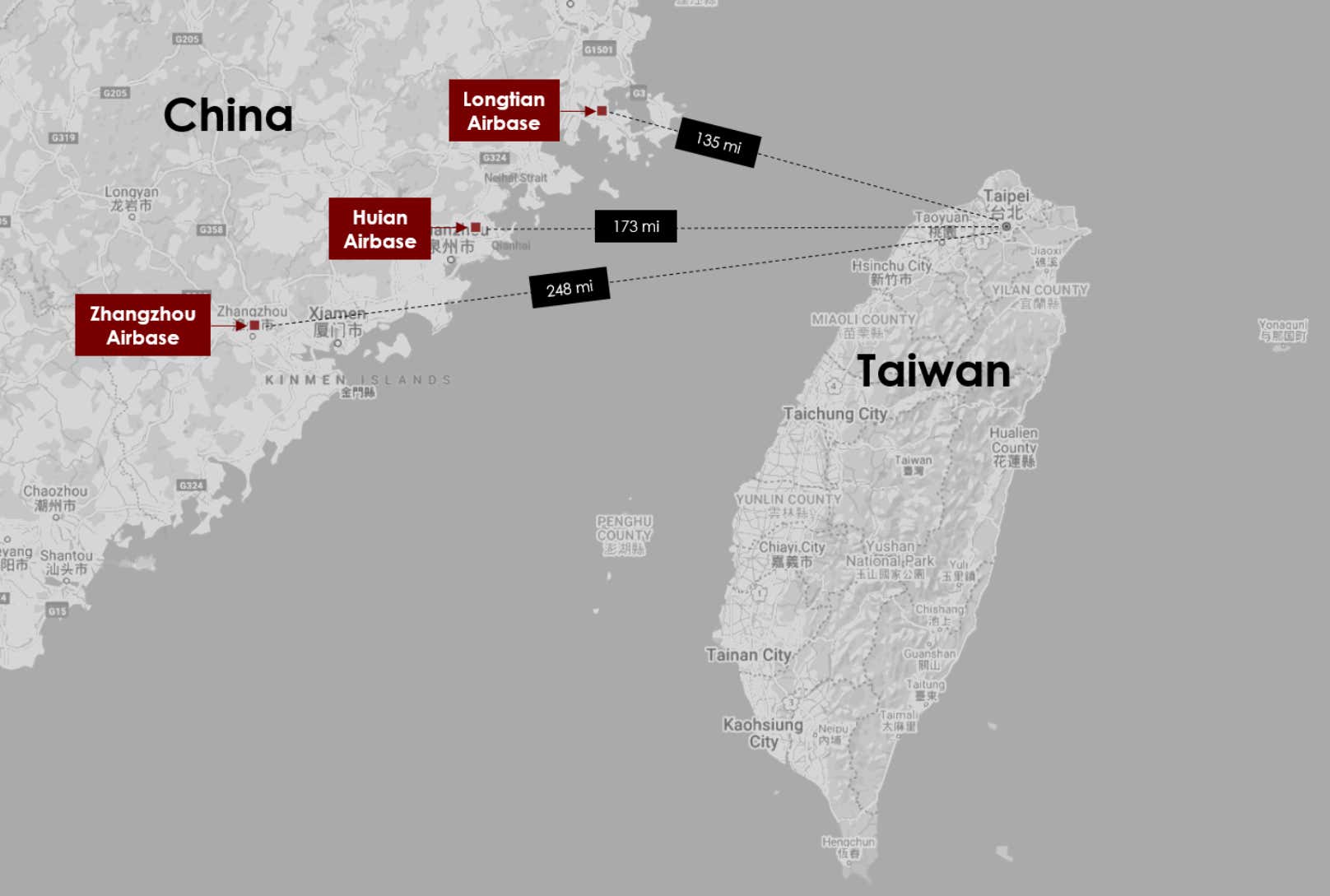On September 1, China’s
Maritime Traffic Safety Law (MTSL) came into force, requiring all foreign vessels entering Chinese territorial waters to notify maritime authorities, carry required permits, and submit to Chinese command and supervision. This comes after China’s passage of a new law in February which authorizes the China Coast Guard (CCG) to use force on foreign vessels infringing on Chinese sovereignty. Both laws have serious implications for the international order. In addition, they infringe upon provisions of
the United Nations Convention on the Law of the Sea (UNCLOS) which grant states the right of innocent passage without requiring permission from the coastal state’s government.
This is not the first time China has passed legislation that goes against international norms and infringes on the sovereignty of other states. China’s codification of disputed waters has been building up to its current expansive stage for around three decades. The 1992
Law on the Territorial Sea and Contiguous Zone also caused angst among other states, especially those whose interests are compromised by the legislation’s
Article 6: “to enter the territorial sea of the People’s Republic of China, foreign military ships must obtain permission from the Government of the People’s Republic of China.”
This same law also violated UNCLOS provisions on defining the baselines from which the territorial sea and other maritime zones are measured. China
applied the straight baseline method, connecting basepoints between several islands far from the Chinese coast. By defining baselines far beyond those allowed by the terms of UNCLOS, China inflated its resulting territorial sea and exclusive economic zone (EEZ), infringing upon the rights of other nations to use those waters as allowed by international law.
Chinese domestic legislation that goes beyond what is allowed by international law creates opportunities for it to advance its territorial goals through coercive means—at the expense of the territory and sovereignty of regional states. Specifically,
Article 12 of February’s Coast Guard Law allows the CCG to act to protect Chinese sovereignty, maritime interests, artificial islands, and facilities and construction in waters claimed by China. The CCG can also demolish foreign buildings, structures, floating devices constructed on the seas, islands, and reefs under its jurisdiction according to
Article 20 of the law.









